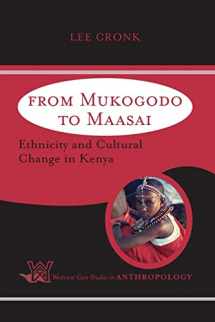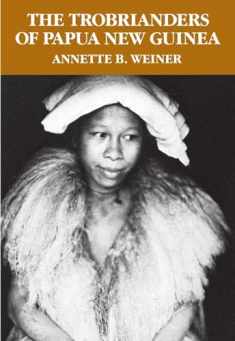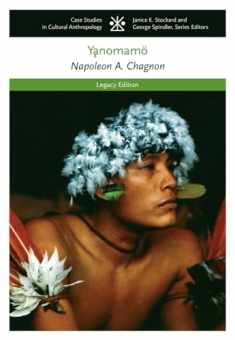
From Mukogodo to Maasai: Ethnicity and Cultural Change In Kenya (Case Studies in Anthropology)
Book details
Summary
Description
Can one change one's ethnicity? Can an entire ethnic group change its ethnicity? This book focuses on the strategic manipulation of ethnic identity by the Mukogodo of Kenya. Until the 1920s and 1930s, the Mukogodo were Cushitic-speaking foragers (hunters, gatherers, and beekeepers). However, changes brought on by British colonial policies led them to move away from life as independent foragers and into the orbit of the high-status Maasai, whom they began to emulate. Today, the Mukogodo form the bottom rung of a regional socioeconomic ladder of Maa-speaking pastoralists. An interesting by-product of this sudden ethnic change has been to give Mukogodo women, who tend to marry up the ladder, better marital and reproductive prospects than Mukogodo men. Mukogodo parents have responded with an unusual pattern of favoring daughters over sons, though they emulate the Maasai by verbally expressing a preference for sons.


We would LOVE it if you could help us and other readers by reviewing the book
Book review





